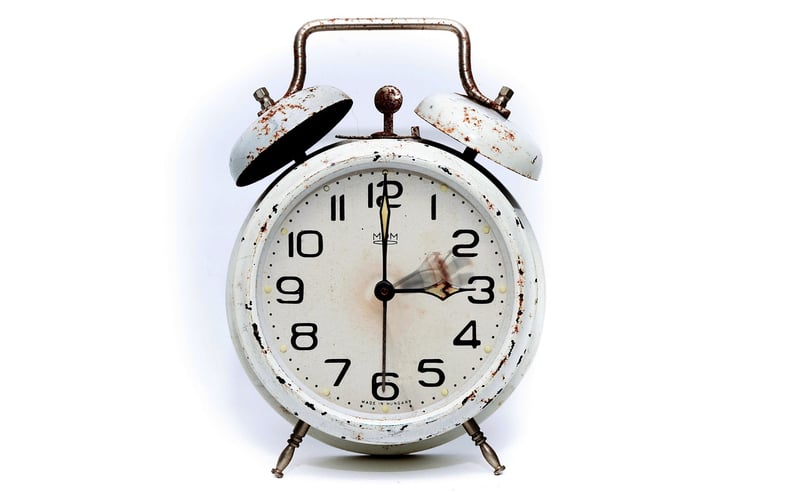Grandfather Paradox
The Consequences of Changes and the Grandfather Paradox
When it comes to discussing time travel and making changes to the past, one of the most intriguing concepts is the Grandfather Paradox. This paradox raises thought-provoking questions about the potential consequences of altering the past and the implications it may have on the present and future.
Understanding the Grandfather Paradox
The Grandfather Paradox is a hypothetical situation that involves a time traveler going back in time and preventing their own grandfather from meeting their grandmother. This action would, in theory, prevent the time traveler's birth, leading to a contradiction. If the time traveler was never born, how could they go back in time to prevent their grandparents from meeting?

Potential Consequences of Changes
While the Grandfather Paradox is a fascinating concept, it is just one example of the potential consequences of changes made to the past. Other repercussions of altering the past could include:
- Creating alternate timelines or parallel universes
- Erasing individuals or events from existence
- Changing the course of history in unforeseen ways
- Causing a ripple effect of changes throughout time
Dealing with Time Travel Conundrums
While the Grandfather Paradox and other time travel conundrums make for intriguing thought experiments, they also highlight the complexities and mysteries surrounding the concept of time travel. Authors, scientists, and philosophers have long grappled with these ideas, exploring the implications of altering the past and the nature of causality.
Whether it's through literature, movies, or scientific speculation, the exploration of time travel continues to captivate our imaginations and challenge our understanding of the universe.

As we ponder the consequences of changes and the enigma of the Grandfather Paradox, one thing remains certain – the allure of time travel will continue to inspire curiosity and creativity for generations to come.
